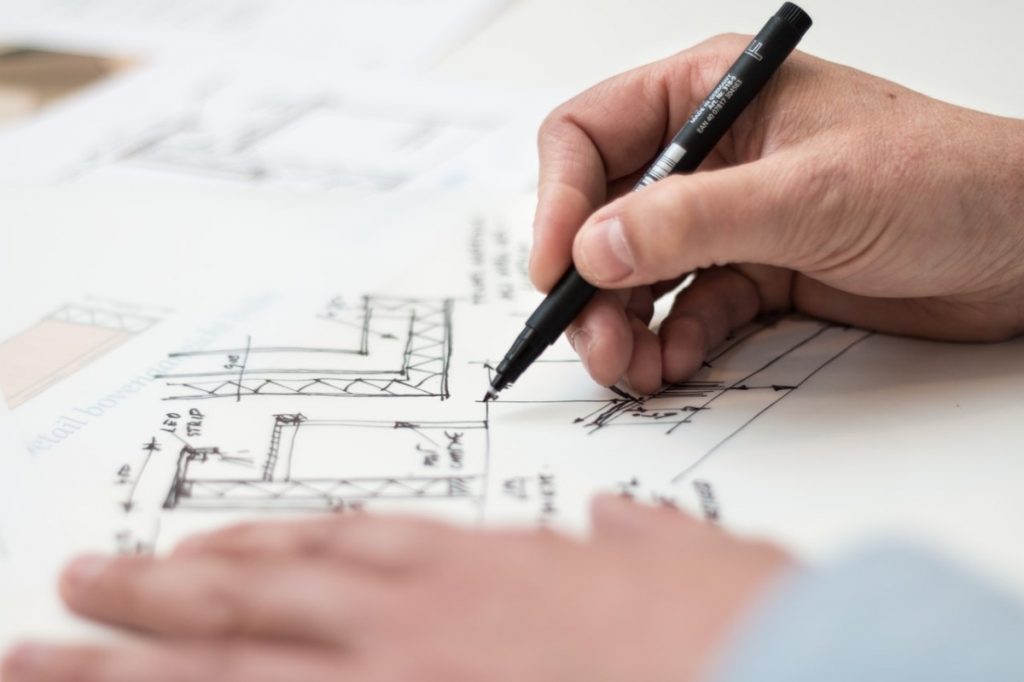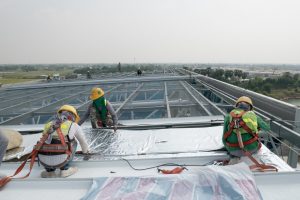Water is a valuable resource for every person, regardless of the situation. You will find that it will be part of almost everything you do, from quenching dehydration to cleaning your property. It will be necessary for homeowners to secure valuable water for their homes to ensure survival. However, you have to ensure that the resource will not cause damage to your property. Despite water’s irreplaceable purposes in our lives, water damage in your home can be an inconvenient and costly event. There are no ways to replace water, making it critical to focus your attention on preventing it from reaching materials that could deteriorate. Fortunately, you will find that waterproofing and material selection solutions can help you avoid the situation. However, the first step to prevent water damage is identifying the areas where they might wreak havoc.
Bathroom
If you want to prevent water damage, you must prioritize the areas where the resource is always present. Among the many home areas that will require liquid, you will find that the bathroom sticks out like a sore thumb. It is where you wash, expel waste, and bathe, making water the area’s centerpiece. Fortunately, home designers are aware that liquid will be prevalent in the area. The materials used for the flooring, walls, and furniture will mostly be waterproof right from construction.
Grout will also be a critical part of the design to ensure that water cannot leak within the home exterior. You will find that slips and trips will remain hazards. It will be essential to add adhesives and rails in the area. The bathroom will be the top priority to prevent water damage as it will be in the toilet, sinks, showers, and bathtubs most of the time. Fortunately, it is an expected event that home contractors prepare for during construction.
Kitchen

Bathrooms hold the throne when it comes to the areas that contain water, but the kitchen is a close second. The liquid is a vital ingredient in every dish, making it a necessary part of the area. Both consumable and usable water must be present at all times for drinking, cooking, cleaning, and washing, so you will have to turn your attention to the kitchen. Fortunately, most materials used for the bathroom will also be present in the kitchen.
However, you will be working with more appliances in the area. Electronic devices will not mesh well with water, requiring you to protect them. The outlets and plugs need most of the attention, with homeowners choosing to add waterproof casing. The kitchen and bathrooms will have daily interaction with water, so you don’t have to worry much about waterproofing the area. However, it does not mean you should relax with your efforts to prevent leaks and water damage.
Garage
The garage will have little interaction with water because it will be an ideal storage and car parking space. However, you will find that it will be the most exposed area for flooding. Exterior walls are suitable for preventing rainwater from entering the premises, but it might be where the garage door struggles. The concrete floors will be the first to suffer, making it necessary to purchase waterproof decking products for the area.
However, you should avoid taking chances with your household items and vehicles. Try to keep most of your things elevated in the area. Your car might also require protection, which is achievable through car lifts. Water can cause disastrous damage to the garage, making it a critical space to prioritize for waterproofing.
Basement

Your residential property will do its best to protect you and your family from the elements. However, typhoons can be strong enough to break down your barriers. A flood can creep into your home when it rises to an alarming level, putting your family at risk. However, gravity will dictate which areas will receive the damages first. The basement will be prone to flooding, especially when windows are on ground level.
Unfortunately, you will find that most of your items might not survive, making it necessary to keep only a few in the area. However, you can salvage the area after the flooding by waterproofing the entire room. You do not have to worry about water damage on your walls and floors, ensuring that the basement remains useful.
Water will be necessary for your life, which means you will have to risk facing potential damages. However, you can protect your property through these tips.






